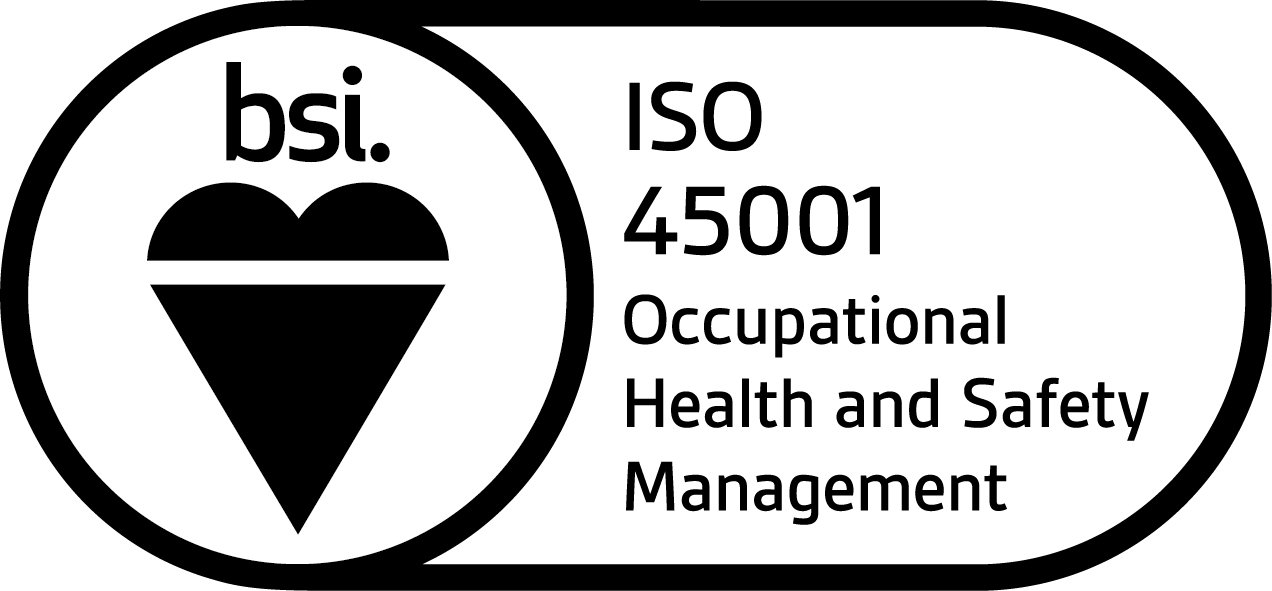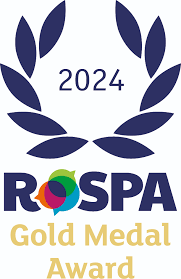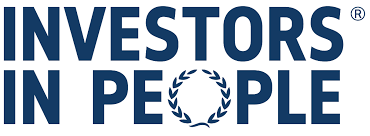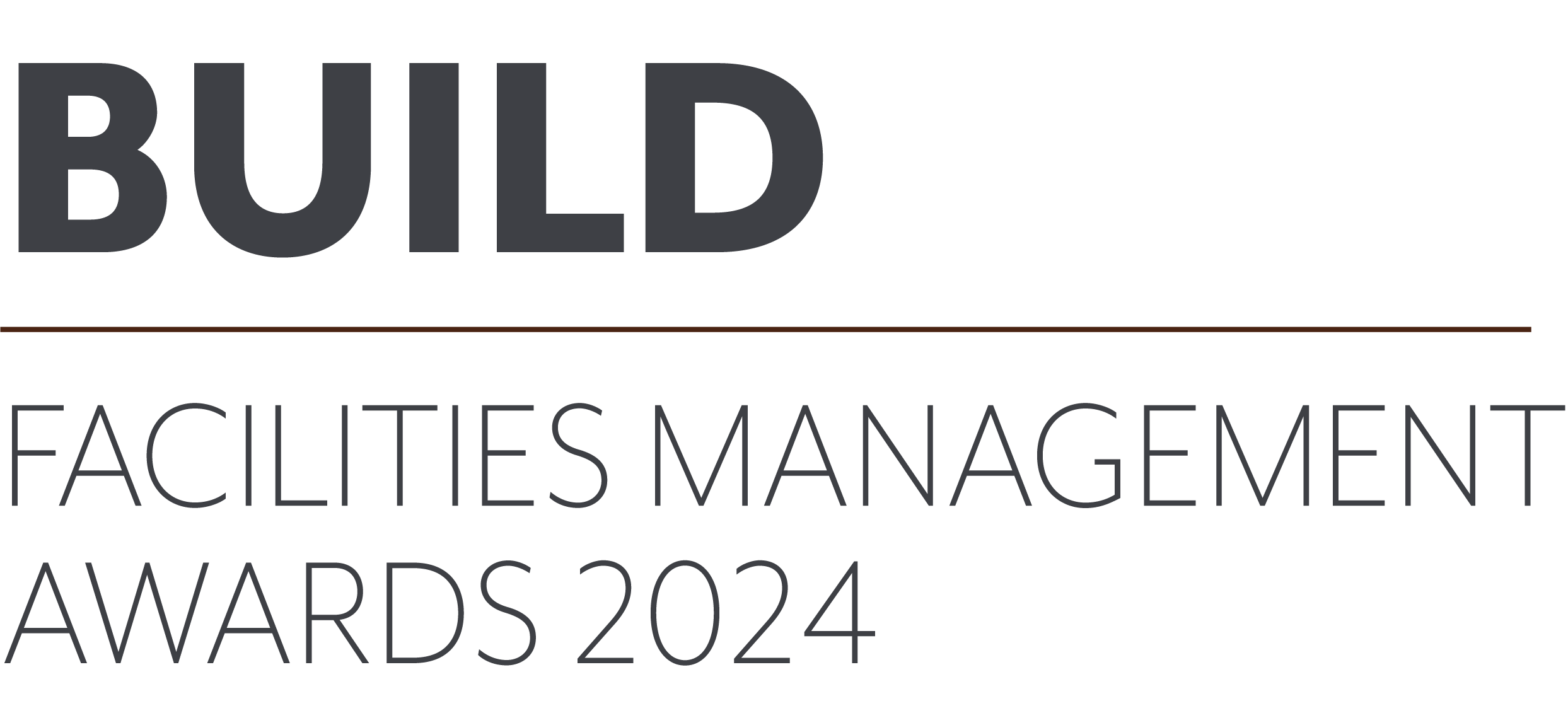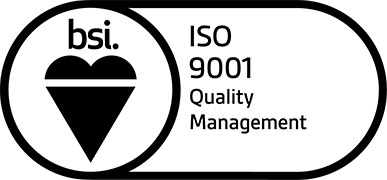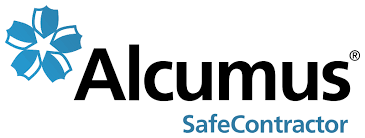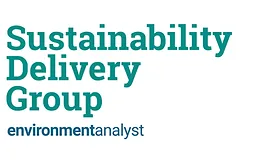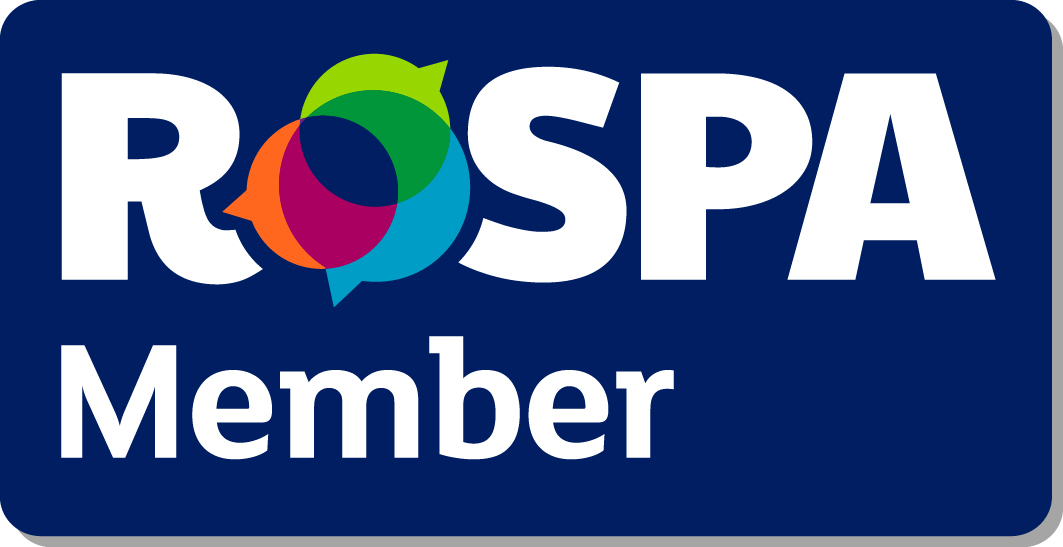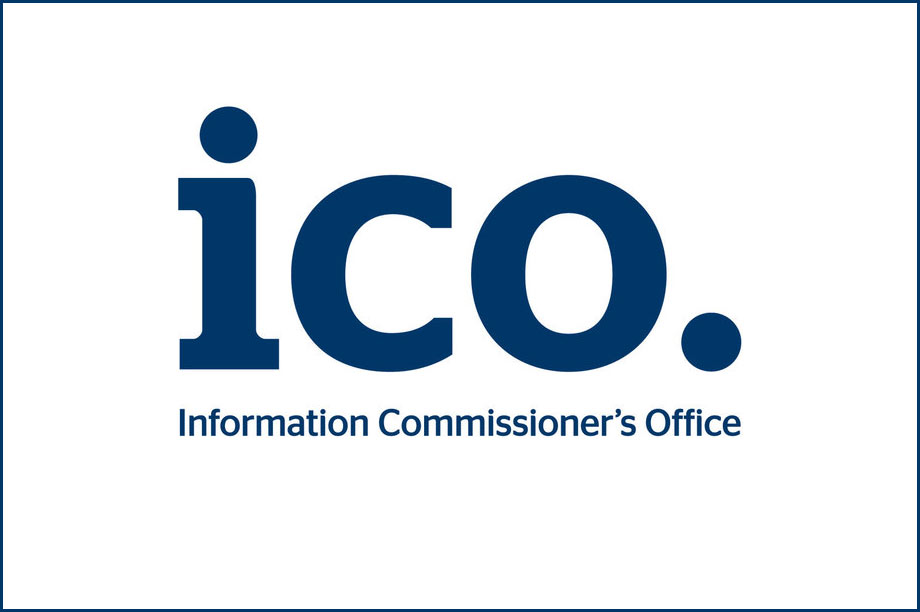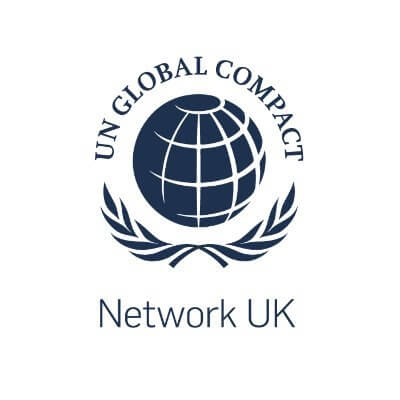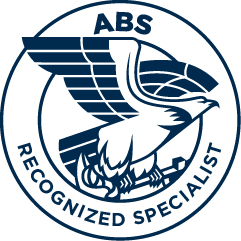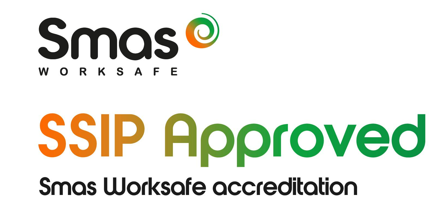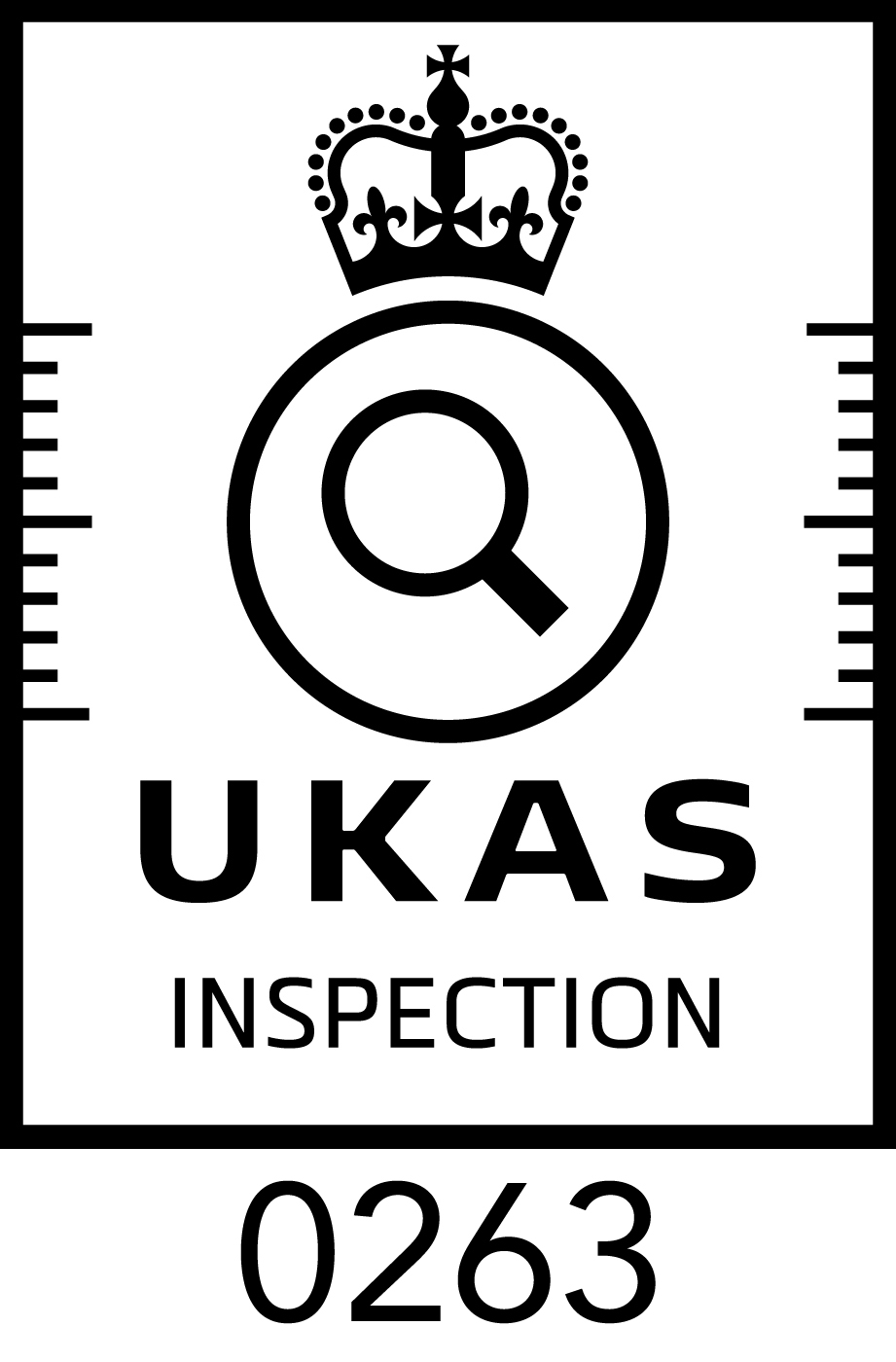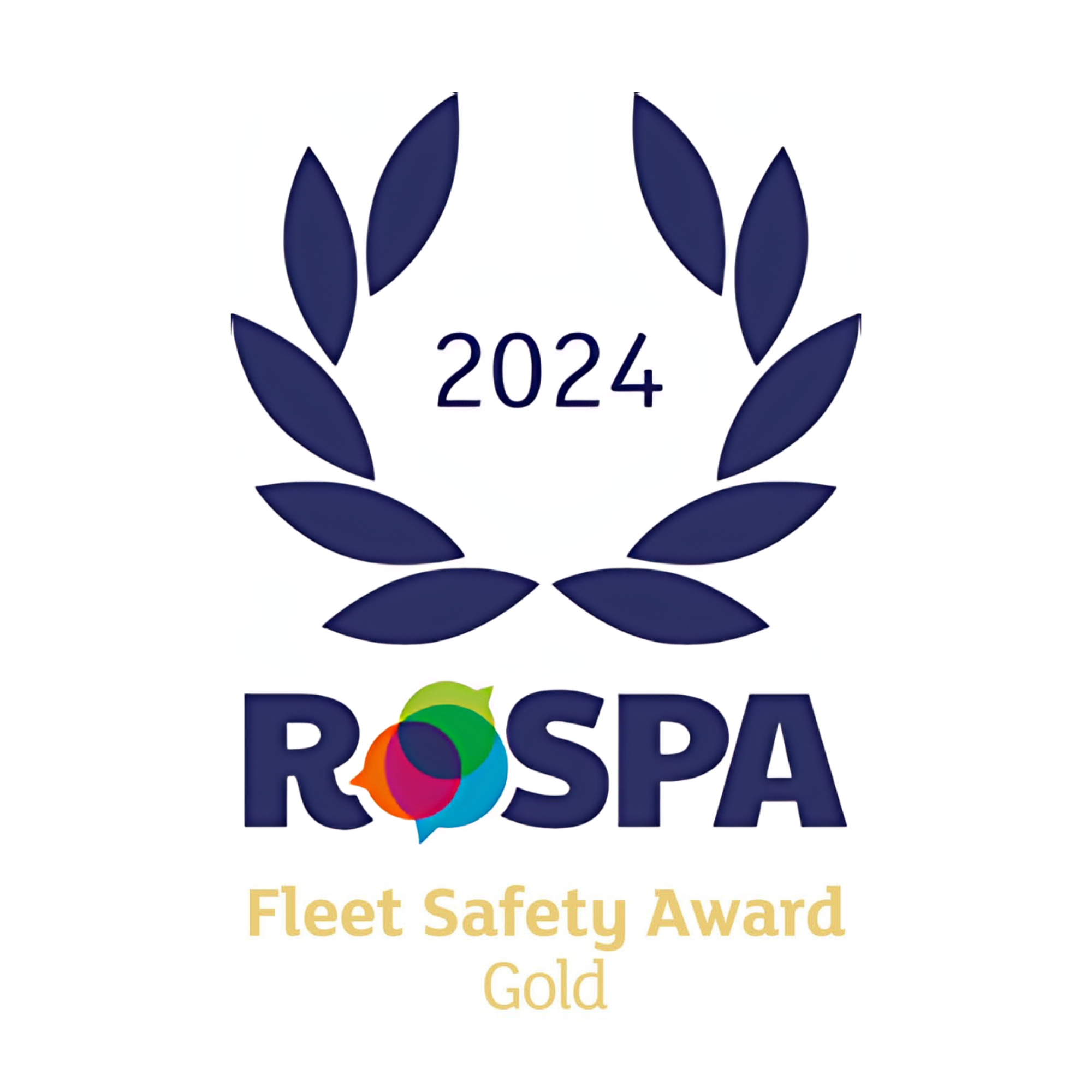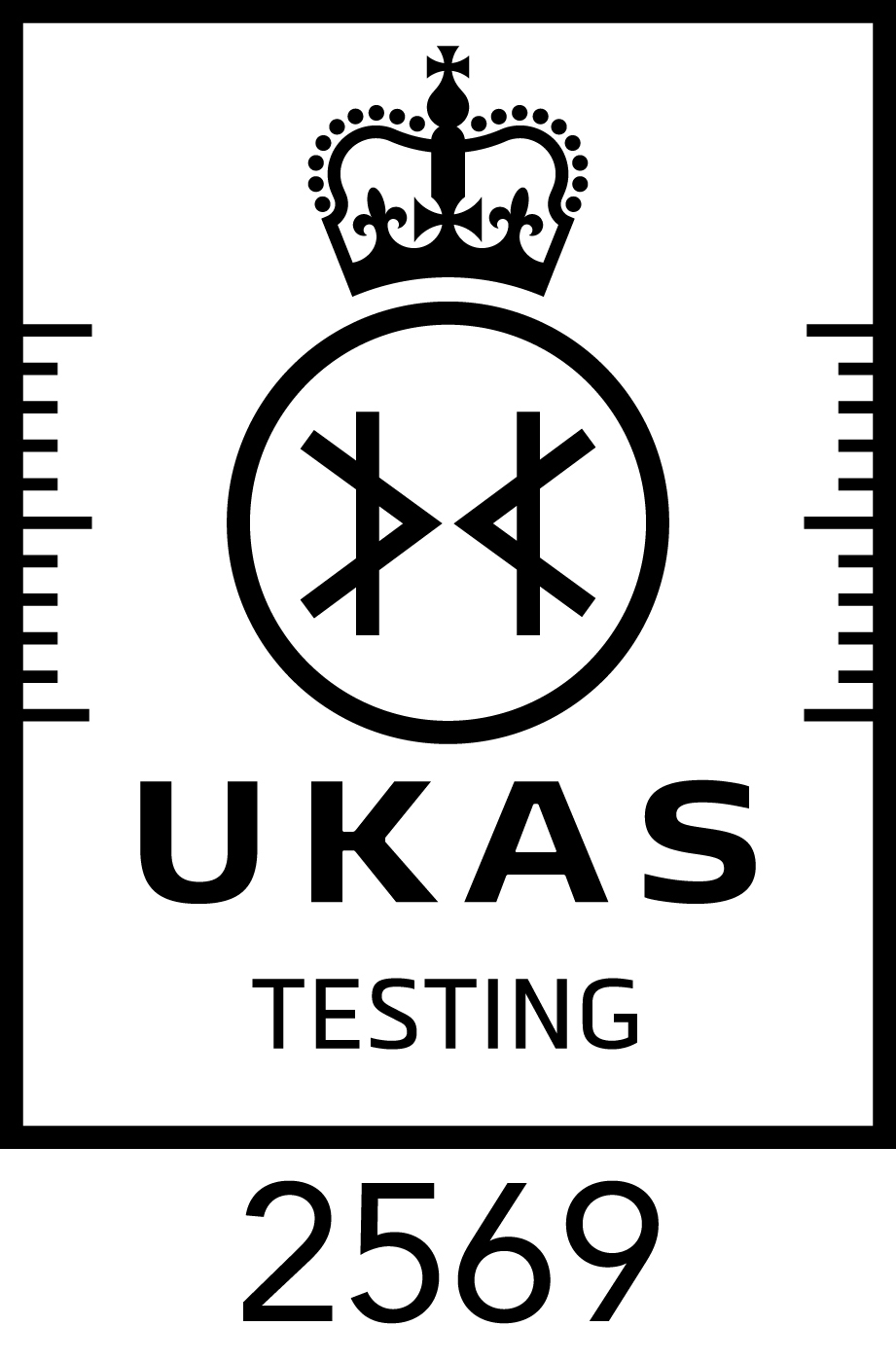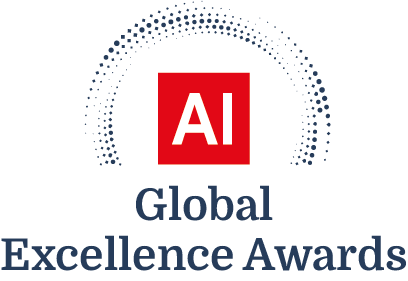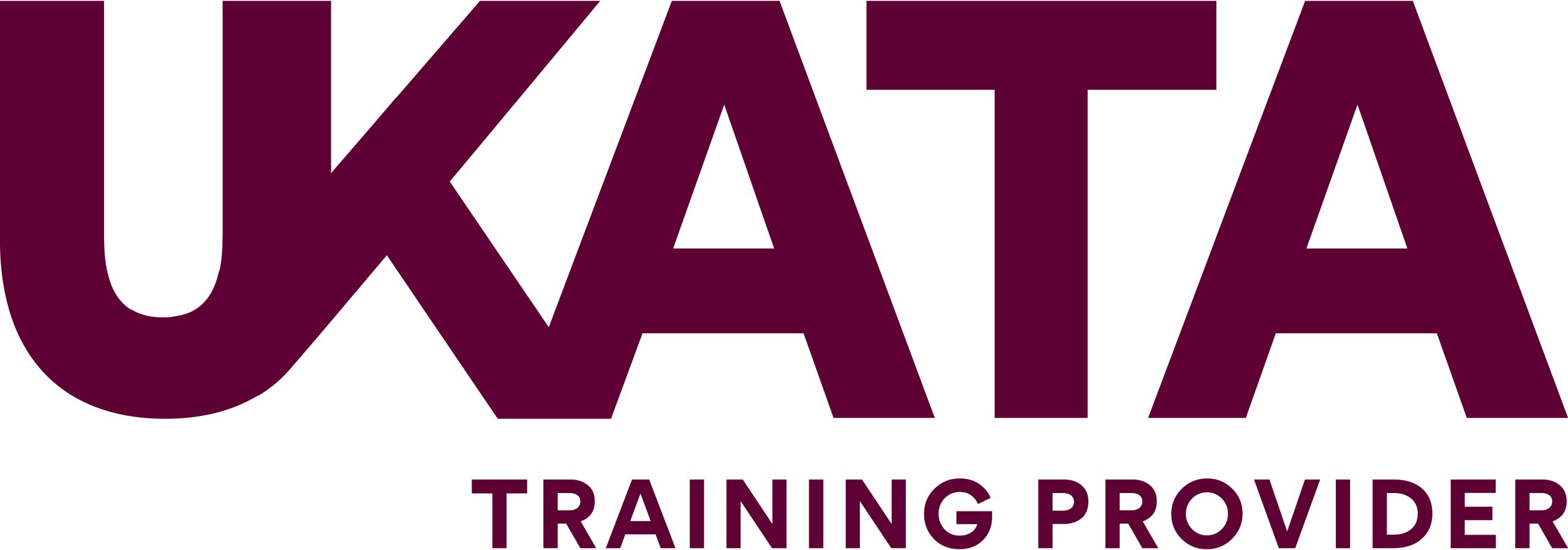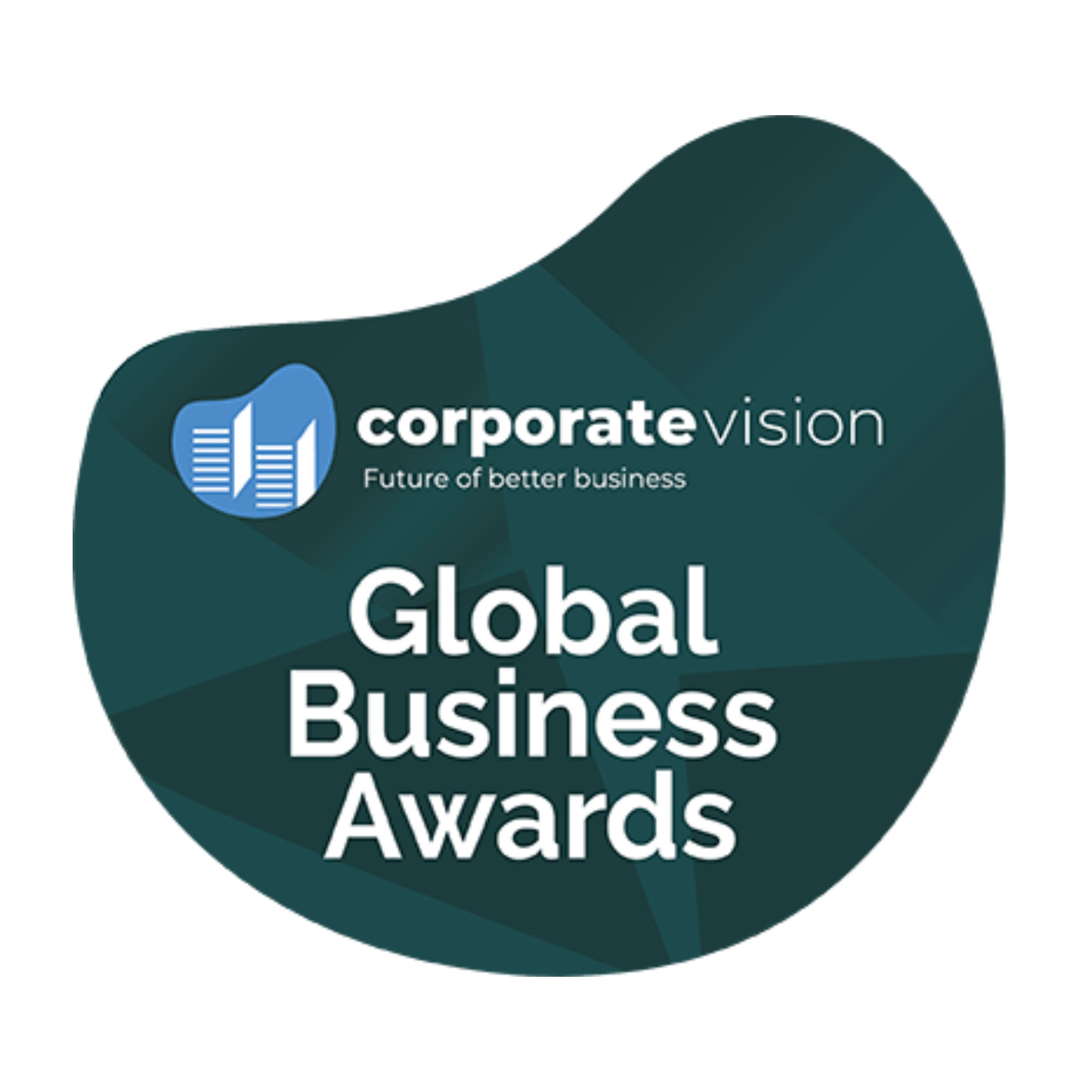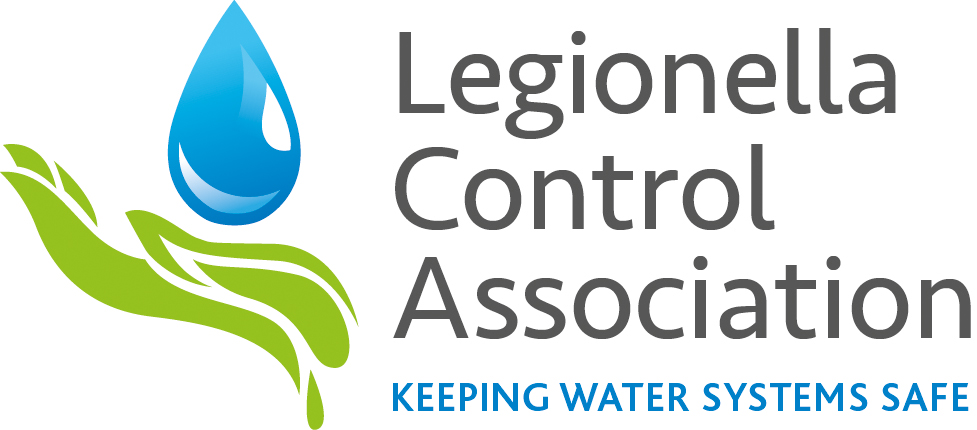Protecting people and planet
Protecting people and planet
Protecting people and planet
Protecting people and planet
Protecting people and planet
Lucion Group Marks World Environment Day 2023 By Supporting Seawilding Project

Lucion Group
5th June, 2023
Monday 5th June 2023 marks World Environment Day, a day held every year by the United Nations Environment Programme (UNEP) since 1973. This year celebrates the 50th anniversary of World Environment Day as it continues to be the largest platform for environmental public outreach, celebrated by millions globally.
Each year the UNEP highlights different environmental issues that are occurring globally to raise awareness of key issues and are calling for urgent action to address the pressing issues our planet faces.
World Environment Day 2023 Campaign
The campaign for 2023 is Beat Plastic Pollution which focuses on creating and accelerating solutions to plastic pollution. The designated host this year is Côte d'Ivoire who banned the use of plastic bags in 2014 to support a shift to reusable packaging and developed a hub for start-ups looking to overcome the challenge of plastic pollution in the largest city, Abidjan.
Plastic pollution is a worldwide problem. Globally more than 400 million tonnes of plastic are produced every year, half of which is single-use plastic. Less than 10% of the seven billion tonnes of plastic produced globally is recycled. An estimated 19-23 million tonnes end up in lakes, rivers and seas annually, where marine and coastal species are affected by plastic pollution through ingestion and entanglement. The amount of plastic waste flowing into aquatic systems is predicted to triple by 2040. Urgent action is needed now to prevent this and accelerate our transition to a circular plastics economy.
What are microplastics?
Microplastics are tiny plastic particles less than 5mm in diameter, which are formed through the breakdown of larger plastic items that have been exposed to environmental factors such as the sun’s radiation and ocean waves, this is primarily caused by littering. Microplastics are also designed for commercial use, such as cosmetics as well as shedding from clothing and textiles e.g., fishing nets.
Similarly to larger plastics, they do not break down easily and have been found in food, water and the air as a result. Microplastics have been detected in marine organisms and it is estimated that each person on the planet consumes more than 50,000 plastic particles per year, through inhalation and absorption, accumulating in organs. Alarmingly, standard water treatment facilities are unable to remove all traces of microplastics. Discarded and burnt single-use plastics all eventually become microplastics and these are increasingly harming human and animal health, polluting our ecosystems.
The World Environment Day campaign aims to highlight and address critical global environmental topics, including plastic pollution. Find more information about the campaign here.
How are we getting involved?
Lucion Group’s core business purpose and ESG ambition is “Protecting People and Planet”, contributing positively to the environments and communities in which we live and work. Over the past few years, we have used World Environment Day as an opportunity to do just that.
Last year, the Group sponsored the Seawilding Project. Based at Loch Craignish, Argyll, the UK’s first community-led native marine habitat restoration project, the project restores lost biodiversity, helping our seas recover from the prolonged impacts of human activities.
We are continuing to support the Seawilding Project for World Environment Day 2023. This year we are matching our 2022 commitment by funding an area of seagrass planting for all Group staff. Additionally, we are purchasing a full square meter for all new starters who have joined Lucion Group since World Environment Day 2022, supporting our ethos of “the bigger we get, the better we do”. For 2023, we will be funding the planting of 248m2 of seagrass this World Environment Day on behalf of Lucion Group.
Why are we continuing to support the Seawilding Project?
Seagrass is able to sequester and store huge amounts of carbon that are dissolved in our seas, also known as blue carbon. Similarly to trees taking carbon from the air to build their trunks, seagrass sequesters carbon from the water to build leaves and roots. Seagrass can capture carbon 35 times faster than tropical rainforests and accounts for 10% of the ocean’s total burial of carbon, despite only covering 0.2% of the ocean floor. Seagrass offers a natural solution to the climate crisis, but with huge global declines of seagrass as a result of dredging, pollution and disease, supporting seagrass restoration is vital.
Seawilding’s Restoration Method
The Seawilding Project currently has 5 hectares of seagrass meadow in Loch Craignish, with the goal to restore 80 hectares over time. In 2022, volunteers across Scotland and abroad harvested 200,000 seeds by hand, where they processed and extracted the seed before bagging them ready for planting in the seabed.
Seawilding trials different methodologies such as direct planting, seed injection, sod transplantation and seeds in hessian bags, identifying the most effective restoration techniques. In addition, they have established a seagrass nursery enabling pilot studies of seagrass on land to better understand the multiple variables affecting seagrass seed germination to ensure that seagrass restoration can increase at scale. The project is also networked with other research projects to share expertise and knowledge. The end goal of the nursery is to produce seagrass seedlings in bulk to plant on the seabed, accelerating seagrass restoration. You can find more information about the nursery here.
So far in 2023, Seawilding has planted an additional one-third of a hectare of seagrass to add to the meadows previously restored. Seagrass also provides a vital habitat and spawning ground for fish and other marine species and already, there has been a huge increase in biodiversity across the restored meadows. Over the last 2 years, a survey of 110km across the marine habitat found a total of 155 different species in Loch Craignish, 106 of these were within the seagrass beds.
Lucion Group is delighted to continue to support the Seawilding project in 2023 – for more information on the project’s progress during 2022 you can view a short video here.
You can also read a full summary of the seagrass restoration activities undertaken by Seawilding during 2022 in the report attached to the bottom of this blog.
Seawilding offers numerous opportunities for the public to get involved, including volunteering, and events both locally at Loch Craignish and nationally. Take a look at their website for more information about Seawilding, seagrass and the steps towards restoration and at their ‘Get Involved’ page here.
But That’s Not All!
As Lucion Group, our foremost dedication lies in safeguarding both individuals and the environment. Operating primarily within the environmental and risk management sectors, we bear responsibilities towards the communities and surroundings where we operate.
We operate Europe’s largest asbestos testing laboratory located in Gateshead, North East England. With capabilities to test multiple hazardous materials, our laboratory, like any other, has a high consumable usage of Petri dishes. As part of our journey towards making our business more sustainable and reducing waste, we introduced reusable glass Petri dishes, replacing disposable plastic ones, thereby saving energy, saving circa 100,000 Petri dishes going to landfills each year and eradicating single-use plastic from our process.
As we constantly strive to innovate, develop, and adapt our business to ensure long-term resilience, we actively seek to attract and retain top talent through engagement and a conscious commitment to sustainable work practices. We are held accountable not only by our own employees but also for the direct impact of our actions and the influence we have on others.
We continually explore opportunities to contribute to the planet and give back to our employees and local communities. Through our group's Social Impact Fund, we invest in initiatives that drive positive environmental and social changes including the Cambridge Half Marathon (CHM).
As Sustainability Partner for the CHM we support organisers, OSB Events, to create a plastic-free event by removing all single-use plastic bottles at the 2023 event and replacing them with compostable cups. The compost produced from the cups will be used in flower beds around Cambridge.
Make Your Impact
Find out more about how Lucion makes an impact here. You can also get involved with World Environment Day, by registering an activity or finding an event and actions across the world to take part in using this Interactive map, or why not reduce your own personal plastic use?
Register for IMPACT Bulletin
Don’t miss a beat - get the latest insights and updates from Lucion straight to your inbox.
